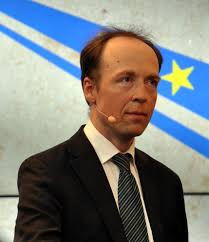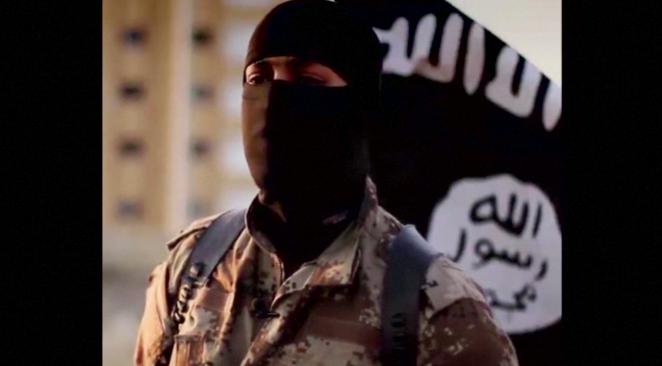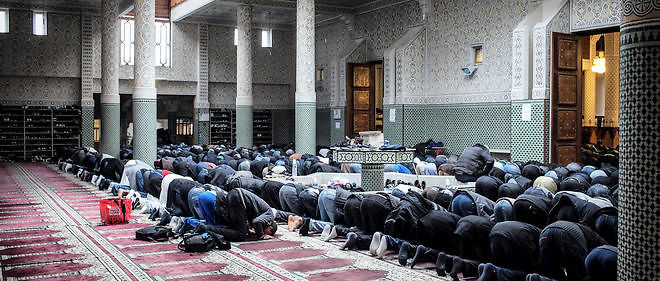The controversial Danish imam accused of stirring uproar in the Muslim world over cartoons of the Prophet Mohammed has defended his actions, saying they were aimed at forging peace, not causing bloodshed. “History will give us credit because of our efforts to keep Europe away from any further violence,” said Ahmed Abu Laban, the leader of the Islamic Community in Denmark, in an interview with AFP. Abu Laban, who is accused of instigating a mass campaign against Denmark in the Arab-Muslim world which sparked deadly riots that killed more than 50 people, said the protests were not the start of a clash of civilizations. “Some people would presume it is the beginning of a clash of civilization, but we call it the engagement of civilizations,” said Abu Laban. He spoke to AFP while attending the “International Conference for the Defense of the Prophet” organized by Muslim religious leaders and being held Wednesday and Thursday in Bahrain. Abu Laban brought the cartoon matter to Cairo’s Al-Azhar University, the top Islamic scholarly institution, shortly after caricatures of the Prophet Mohammed were published in a Danish newspaper in September 2005. Abu Laban and other Danish imams then took a 43-page dossier on a tour of the Middle East, including the 12 controversial cartoons and three other pictures that had been sent to Muslims by anonymous people. “We sent our delegation to Egypt, we were trying to expand the platform of dialogue to the concerned people and more countries,” he said. In his view, Denmark became the focal point of Muslim rage because of the refusal of Danish leaders to heed the Muslim point of view in the controversy that pitted Western values of free speech against religious beliefs. Muslims believe any images of the prophet are blasphemous. “Denmark paid for the Islamic-European conflict,” said Abu Laban, the leader of the Muslim Faith Society in Copenhagen. Despite widespread calls for a formal apology, the Danish government refused, citing its belief in protecting freedom of speech. However, the editor of the Jyllands-Posten newspaper that initially published the cartoons eventually issued an apology. The cartoons included portrayals of the prophet wearing a time-bomb shaped turban and showed him as a knife-wielding nomad flanked by shrouded women. Initially passing with little comment, they were later reprinted in a Norwegian magazine and then by European, Arab and online media, prompting international uproar. Many Danish products were also the subject of widespread boycotts in the Muslim world. Abu Laban stressed that Muslims in Denmark, who make up about three percent of the population, suffer discrimination and that he was made a “scapegoat” by the Danish press for his role as a Muslim community leader. “We suffer marginalization… In the subconscious of most of the leaders in Denmark they reject us. This is the name of the game. They don’t like to deal with us like partners,” he said. “Our center (Muslim Faith Society) is the most important one,” he said. The Danish press “cannot attack somebody who is not known, so they decided to choose me as a scapegoat,” he said. “I predicted that the government will face trouble and will search for a scapegoat.” Five other Danish imams attended the conference with Abu Laban, which organizers said brought together around 300 scholars, preachers, heads of Islamic associations as well as Arab and Muslim community leaders from Europe. The aim was to explore a strategy that could prevent a possible repeat of the crisis sparked by the publication of the cartoons. “We are in the focal point in Denmark, under the constant attack by the global media. We are here because it has become a global issue for Muslims,” said Abu Laban. “This conference is not meant to expose or blackmail Denmark, it is a rather progressive attitude on how Muslims can be united in this noble cause, to honor and to guarantee the respect their Prophet deserves. Abu Laban also blasted Danish Prime Minister Anders Fogh Rasmussen for his “ineffective” response to the crisis. “I am more concerned with the interests of Denmark than the prime minister. He is playing in a very ineffective way.” Abu Laban criticized the premier’s reaction to advertisements put out over the weekend by Arla Foods, a Danish-Swedish dairy firm, which was a victim of a Danish boycott. “The Arla Foods company denounces and rejects the cartoons published by the Danish newspaper, mock the Prophet Mohammed and refuses any justifications for the act,” the corporation said in full-page advertisements taken out in papers across the Middle East. Rasmussen said he “disagreed” with the campaign. “Yesterday, he criticized Arla Foods,”said Abu Laban. “If this campaign shows some respect… it should be encouraged, not the opposite.”
Denmark: Danish Imam Says Aim Was Peace In Cartoon Row






